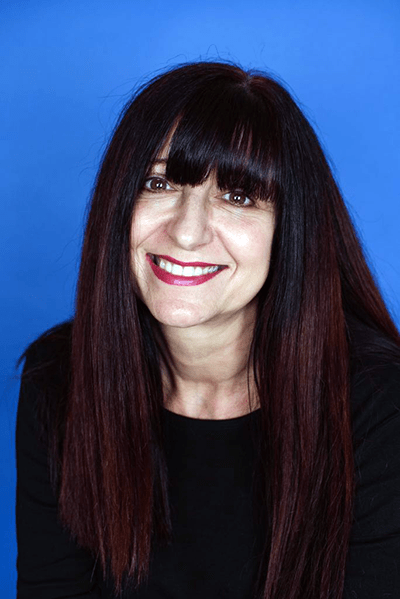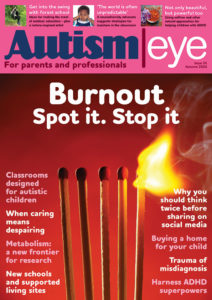Young people who missed out on years of therapy because of the pandemic should continue getting help after they turn 25.
That’s the view of Evelyn Ashford, who runs special needs advice group Educational Equality.

Evelyn Ashford believes families can fight for education, health and care plans to continue after 25 when young people have missed therapy because of the pandemic
Normally education, health and care plans (EHCPs) end when someone reaches the age of 25.
But Ashford fought successfully at a special educational needs and disability tribunal for her son Jasper, 25.
She won the right for him to go on benefiting from his EHCP up to the day before his 26th birthday.
Work experience cut short
Jasper, who is on the autism spectrum, saw his work experience cut short by the pandemic. Ashford wanted him to continue in his placement at a museum.
She said her son’s victory is now “case law” on which other families could rely to pursue similar claims.
Ashford, from Somerset, said if a young person has missed an hour of therapy detailed in their EHCP for a year “in theory the LA (local authority) owes that” to them.
She said there may be a “further test” under the law for a family to pursue the number of hours their child has missed, or is still owed, because of the pandemic.
‘Targeted support’ needed
The Disabled Children’s Partnership has said “targeted support” is needed to help children recover after losing vital services during the pandemic.
The Partnership is a coalition of more than 100 groups. It includes charities Mencap and the National Autistic Society (NAS).
The group says the pandemic has left families “exhausted”.
The group’s #LeftInLockdown campaign highlighted how the “consistent delay of services” had a “massive impact” on children. It also “grossly impacted the mental health of parents”.
And its report Then There Was Silence said children and families were “isolated” and “abandoned” during the pandemic.
Autism Eye approached the Local Government Association (LGA), but it declined to comment.
Related:
- Schools defy law on education to age 25
- Education confirmed to age 25
- Go-ahead for education to the age of 25
Published: 2 July 2022
















